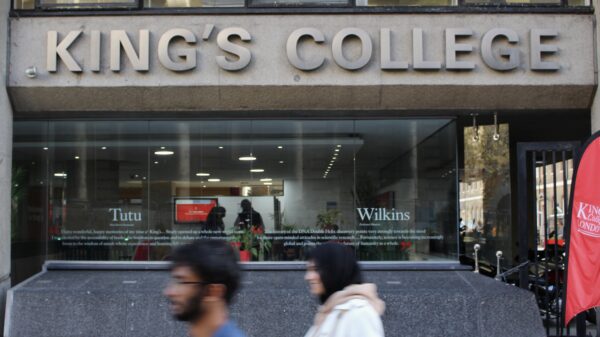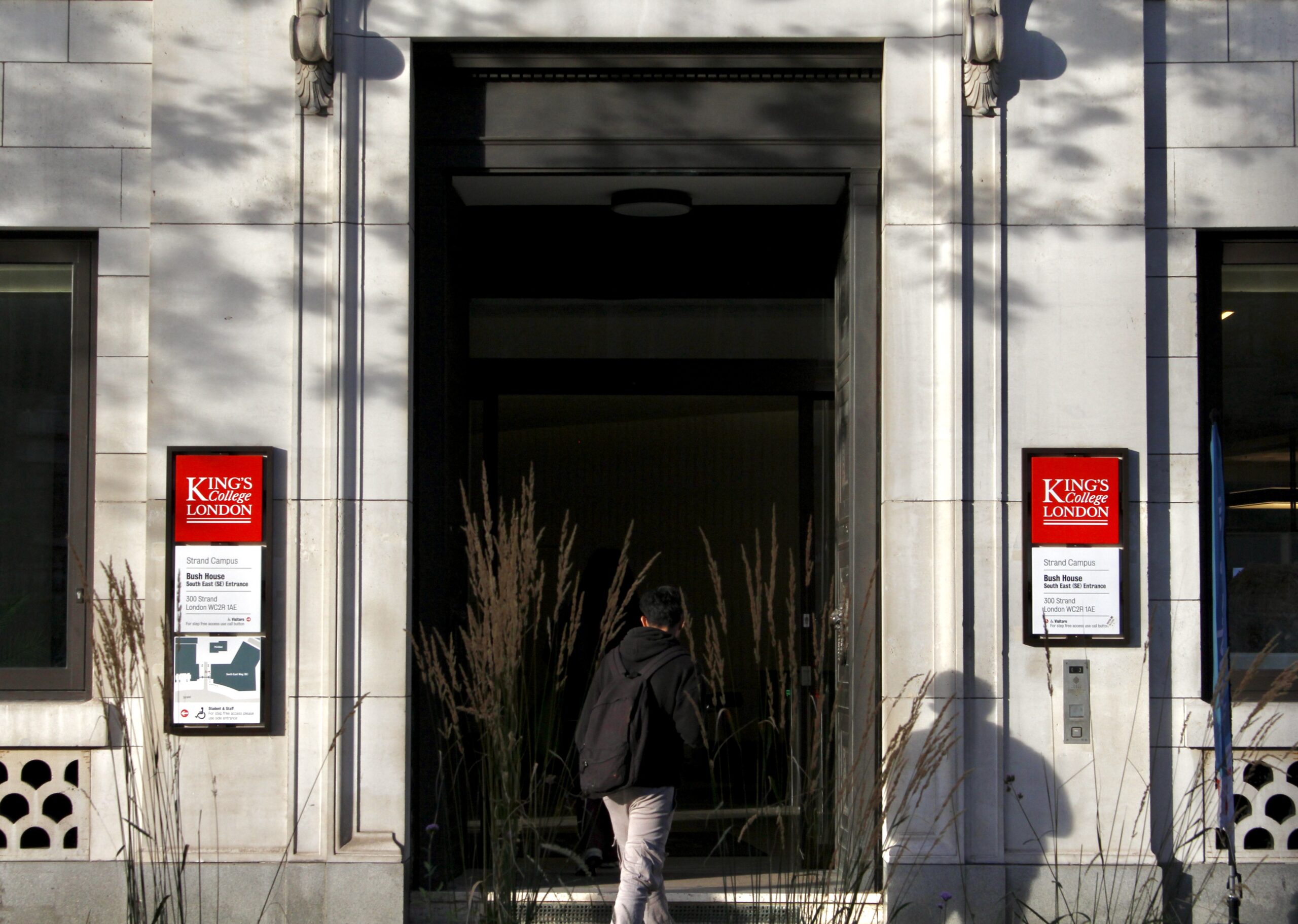Staff writer Douglas Gibb discusses Diane Abbot’s controversial letter within the context of broader allegations of racism within the Labour Party.
The offending letter
On 15 April, Tomiwa Owolade wrote a piece in the Observer arguing that racism is “far more complicated” than colour (cf. colourism), pointing to data from Evidence for Equality National Survey (EVENS) that showed how Gypsy, Roma and Traveller (GRT), Jewish and Irish people still face discrimination. In response, Abbott wrote a letter to the editor, published on 23 April. In the letter, she claimed that “white people with points of difference, such as redheads,” experience prejudice but not racism. This was wrong on many counts.
It appears that Abbott was using a definition of racism that is, at best, faulty: “racism is prejudice plus power” (R=P+P). What would we call it if a Black Hebrew Israelite – a religious movement which includes many antisemitic groups – started yelling abuse at a Jewish person? Racism, perhaps?
Even by her own standards, the argument makes no sense. In Nazi Germany, Jews were not allowed to vote in any of the (rigged) elections. The Disenfranchising Act of 1728 in the Kingdom of Ireland (a client state of Britain) prevented Irish Catholics from voting. In the North of Ireland, this lasted well into the 20th Century, as voting was contingent on the paying of rates (taxes). And did racism not play a role in Britain’s response to the Gorta Mor – the famine in Ireland which saw it lose a fifth of its population to a combination of starvation and migration? Just read what Lord Clarendon, the Lord Lieutenant of Ireland, said: “I would sweep Connacht clean and turn upon it new men.”
In the 21st Century, many Jews feel uneasy about wearing their kippot or Magen Davids. Nor should we forget that Lee Anderson (30p Lee) left the Labour Party in 2018 (before he became an MP) because of his own anti-GRT racism (see also), or that Labour distributed leaflets talking of “Traveller incursions”, or that they are denied service simply for being Travellers. Prejudice simply doesn’t capture the scale of the challenges these communities have faced and continue to face.
So while redheads, I’m sure, experience nasty playground teasing, even bullying, there is simply no grounds on which you can liken that to anti-Jewish, -Irish or -GRT racism.
An inadequate apology
Following the justifiable outcry to Abbott’s letter to the Guardian, the Hackney North and Stoke Newington MP released a statement apologising for her words. In the apology, she claimed, “errors arose in an initial draft being sent.”
However, as the Board of Deputies said, her apology was “entirely unconvincing”. Generally, when you draft something, you tend not to write the exact opposite of the point you wish to convey. One can only assume that she proposed the excuse, which appears to be a bare-faced lie, to save herself from further embarrassment. However, the point of an apology is to show you’re capable of listening, admitting you’re wrong, and having some humility. This often entails a willingness to suffer some embarrassment.
A genuine apology would involve something more than a mere acknowledgement that she was wrong: it would also include her demonstrating an understanding of why she was wrong and an indication that she would take proactive steps to engage with community organisations like the Jewish Labour Movement (JLM) or the Board and analogous groups for the Irish and GRT communities.
Open letter
The most recent episode in this saga is Abott’s open letter from 19 September. Notwithstanding any of the above, many of the points she makes are true. The EHRC report into antisemitism in Labour recommended (on p. 3) an independent complaints procedure, and Starmer unambiguously promised to implement all these recommendations, going as far as to say “we will implement all the recommendations and we will implement them in full”. And yet, according to Abbott, those now in charge of handling the investigation into her (to the extent that it exists) answer to Starmer. That isn’t independent. People are free to disagree over whether “far more grave offences” have been committed by other Labour MPs, but it is undeniable that Starmer doesn’t seem to take racism in Labour particularly seriously.
Rachel “we can’t do anything because it’s against our fiscal rules” Reeves is an admirer of Nancy Astor simply because she was the first woman to sit in Parliament, overlooking the fact that Astor was antisemitic and a Nazi sympathiser. Besides the obvious problems with this, the real achievement is getting elected, not sitting on a green bench. The first woman to be elected to Parliament was Constance Markievicz, but God forbid a Labour MP – a Labour MP – should be seen expressing respect for a socialist. Steve “let’s name and shame drug addicts” Reed called Richard Desmond, a Jewish donor to the Conservatives, a “puppet master”. Barry Sheerman said there had been “a run on silver shekels” in response to a story about Desmond and Philip Green, another Jewish donor to the Conservatives, not receiving peerages. Then there’s Neil Coyle, who has had a sexual harassment complaint upheld(!) against him (not just an accusation) and hurled Sinophobic abuse at a journalist with Chinese heritage. Rupa Huq called Kwasi Kwarteng “superficially black”. All of these MPs have either not apologised (Reeves), got off with an apology and nothing else (Reed and Sheerman), or were suspended and then let back in (Coyle and Huq). One would be forgiven for thinking that Abbott has a point in calling out the hypocrisy from Starmer.
And we haven’t even touched on the Forde Report yet. As it pertains to Abbott, it confirmed allegations of abuse that were made in an earlier leaked report. For example, “senior staff discussed Abbott crying in the toilets and telling Michael Crick, a Channel 4 reporter at the time, where she was”. She never received an apology for that abuse (from neither Starmer nor David Evans, the general secretary), even though Starmer acknowledged that she suffered it.
Putting to one side the issues with Abbott, Starmer’s response to Forde was pathetic. When Claire Hamilton asked Starmer about it (at 27:40), his response completely ignored the most significant new finding and was, essentially, “Corbyn bad, NATO good, growth good”. That may well be true, but when confronted with appalling anti-black racism, no one who actually cared would ignore the most pressing matter and instead turn the conversation towards Corbyn, who was tangentially related, the North Altantic Treaty Organisation (NATO) and growth, which were completely unrelated. He also said he “didn’t need the report” to tell him how dysfunctional Labour was under Corbyn. Then why the hell did he commission it? The only conclusion I can come to, and it is shared by many others, is that Starmer is indifferent to anti-black racism in Labour.
Importantly, this doesn’t mean Abbott should be let back in. There is an argument that everyone mentioned above should have been kicked out of Labour permanently. While Starmer clearly has negative credibility on the issue of racism in Labour, it might be true that a different, less factional leader, such as Ed Miliband, would have taken exactly the same action. This means that Starmer’s hypocrisy, as transparent as it is, might not be material to the outcome of any disciplinary matter(s).
A way forward
Ruth Anderson, the vice-chair of JLM, has said that, despite being on different wings of the Labour Party, she didn’t want to see Abbott’s career “end like this”. As stated above, a more transparent apology would, I think, go some way in making amends with the relevant communities. If, as in the cases of Reed, et al., an apology is sufficient, then that is the critical issue in Abbott’s case too. Given Anderson’s role as a prominent Jewish voice within the Labour Party, she is probably someone worth listening to on this matter. If she can see a way forward for Abbott, then maybe there really is one.
















